Author: Tim Kroenert
There are more than 60 results, only the first 60 are displayed here.
Become a subscriber for more search results.
-

ARTS AND CULTURE
Chappaquiddick notes the effects of these expectations on Ted's actions, without sympathising. 'I'm not going to be president,' he murmurs, by way of announcing Kopechne's death to Gargan. He comes off as more pathetic than Machiavellian, the future Liberal Lion rarely having the courage of his convictions.
READ MORE 
-

ARTS AND CULTURE
At the time of his death in July last year, Geoffrey Gurrumul Yunupingu was the most commercially successful Aboriginal Australian musician to ever grace this world. Anyone expecting Gurrumul to resemble anything like your typical popular music documentary will be quickly dissuaded. Gurrumul was a far cry from your typical popular musician.
READ MORE 
-
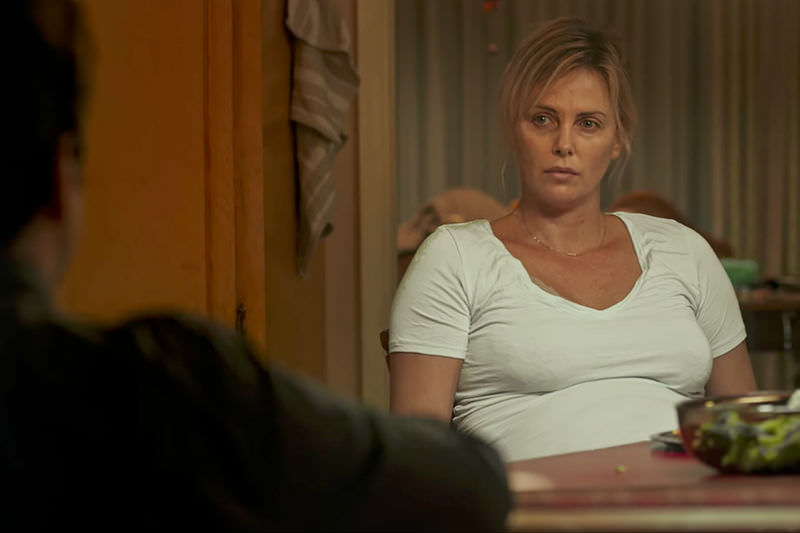
ARTS AND CULTURE
Tully is a funny film, with a serious core: a tribute to the labour of child rearing, a dissection of the substantial physical and emotional burden of this work, and a 'show-don't-tell' critique of the social norms that frequently sees that burden fall, still, primarily on women.
READ MORE 
-
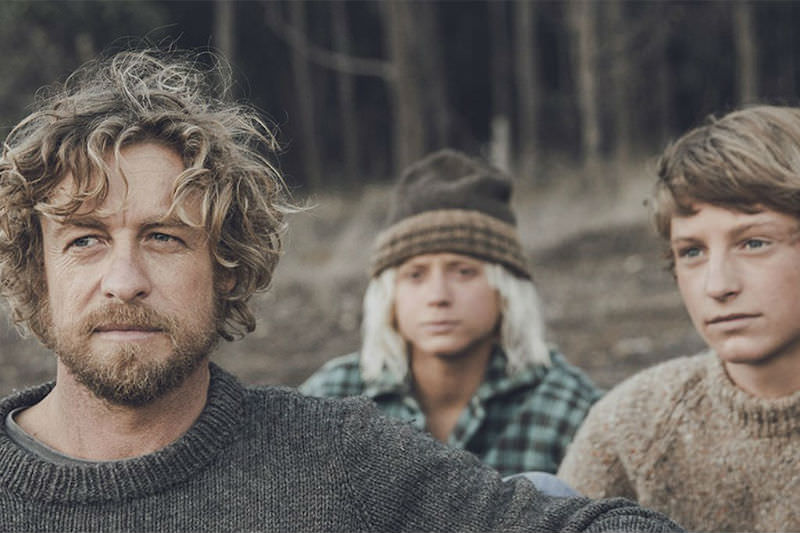
ARTS AND CULTURE
The boys conquer one hazardous feat after another: entering the ocean via rocky cauldrons; sharing waters with a mythic giant shark; tackling waves that rear up over a deadly shallow reef. In so doing they confront their fears: of physical peril; of failing, or failing to meet the expectations of the group; of existential ordinariness.
READ MORE 
-

ARTS AND CULTURE
- Tim Kroenert
- 19 April 2018
1 Comment
A grim and gripping tragedy on this personal level, as a whole Loveless functions also as a metaphor for political life in contemporary Russia. The fatal fracturing of its relationship with its neighbour Ukraine provides a backdrop and, for the degeneration of Zhengya and Boris' marriage and the resultant alienation of their son, a touchstone.
READ MORE 
-
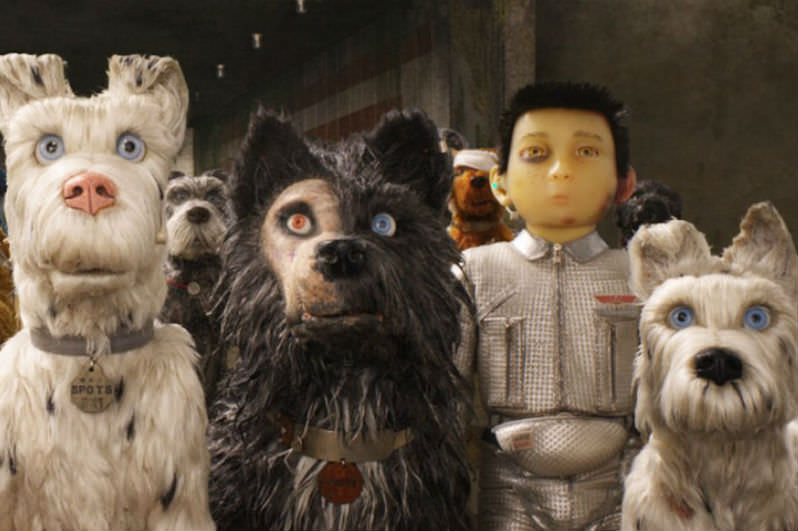
ARTS AND CULTURE
- Tim Kroenert
- 11 April 2018
1 Comment
The commentary around the film's appropriation of Japanese culture has been sustained and substantial. At least these allusions are for the most part detailed and respectful; that the hero is named after a defunct American video game company is less palatable. Trickier still are the creative decisions related to language.
READ MORE 
-

ARTS AND CULTURE
- Tim Kroenert
- 04 April 2018
4 Comments
For gay teens and those who known them, the film is vitally affirming. But there's baggage that comes with its treatment of these themes that undercuts its efforts to engage the experience of alternative sexual orientation. Simon may be gay, but he is also explicitly a privileged white man.
READ MORE 
-

ARTS AND CULTURE
- Tim Kroenert
- 23 March 2018
We know how this is going to turn out historically: the 1971 referendum is successful. There is a certain quaintness to the film that makes it feel off the pace of the current conversation around women's rights. But there is an engaging frankness to its attention to the sexual liberative dimension of women's self-agency.
READ MORE 
-

ARTS AND CULTURE
- Tim Kroenert
- 16 March 2018
2 Comments
Kane insists God doesn't make mistakes: 'That's what makes him God.' Lena retorts with reference to the Hayflick limit — the naturally occurring limit on the number of times cells can divide. Never mind cancer; the very fact of ageing, she says, comes down to a flaw in our DNA. It's a telling scene, pointing to a scientifically enlightened humanity at odds with its own physiology.
READ MORE 
-

ARTS AND CULTURE
- Tim Kroenert
- 07 March 2018
1 Comment
Last year Brooklyn Museum exhibited radical 20th century works by American women of colour alongside The Dinner Party, a 1970s Second Wave feminist piece noted for its white, middle-class preoccupations. The resonance of this pairing illuminates the plight of Christian, hero of the Swedish art-world farce The Square.
READ MORE 
-
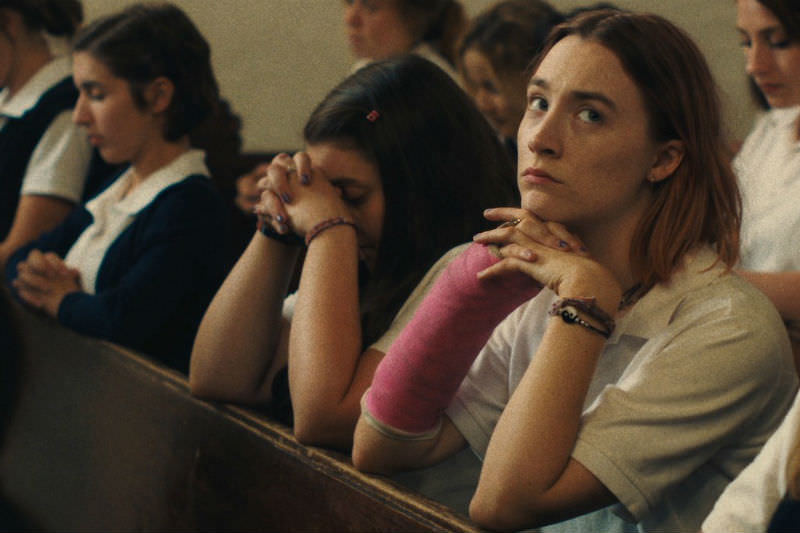
ARTS AND CULTURE
- Tim Kroenert
- 28 February 2018
8 Comments
That Hollywood has a gender equality problem is not in doubt. The conversations around what constitutes assault and harassment, and about how Hollywood culture reflects and reinforces equality in society at large, is vital, and sophisticated. The standard of what we should expect is being constantly raised. It should be.
READ MORE 
-
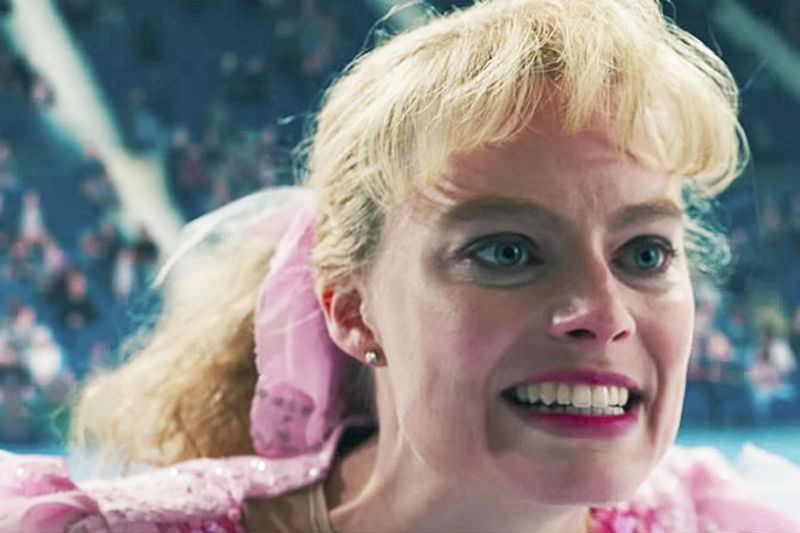
ARTS AND CULTURE
- Tim Kroenert
- 21 February 2018
4 Comments
If you're looking for concrete facts, look somewhere else. What Robbie gives us instead a portrait of a sympathetic antihero, whose rough and 'redneck' manner stands in contrast to her profound abilities, and at odds with the gentility of her chosen sport. Meanwhile her farcical mantra 'It wasn't my fault' whenever things go wrong is given weight by a portrayal of serial abuse.
READ MORE 